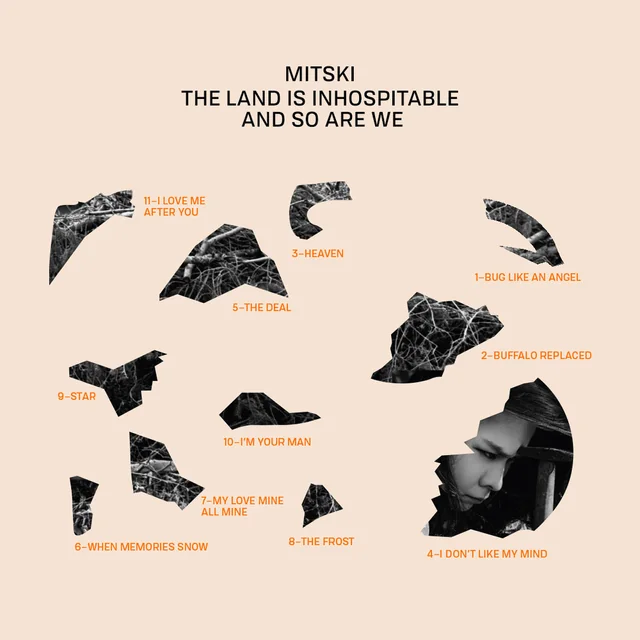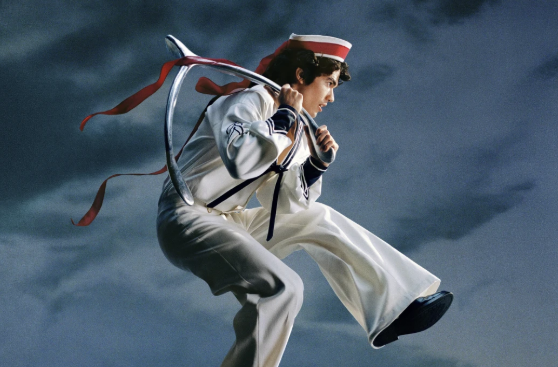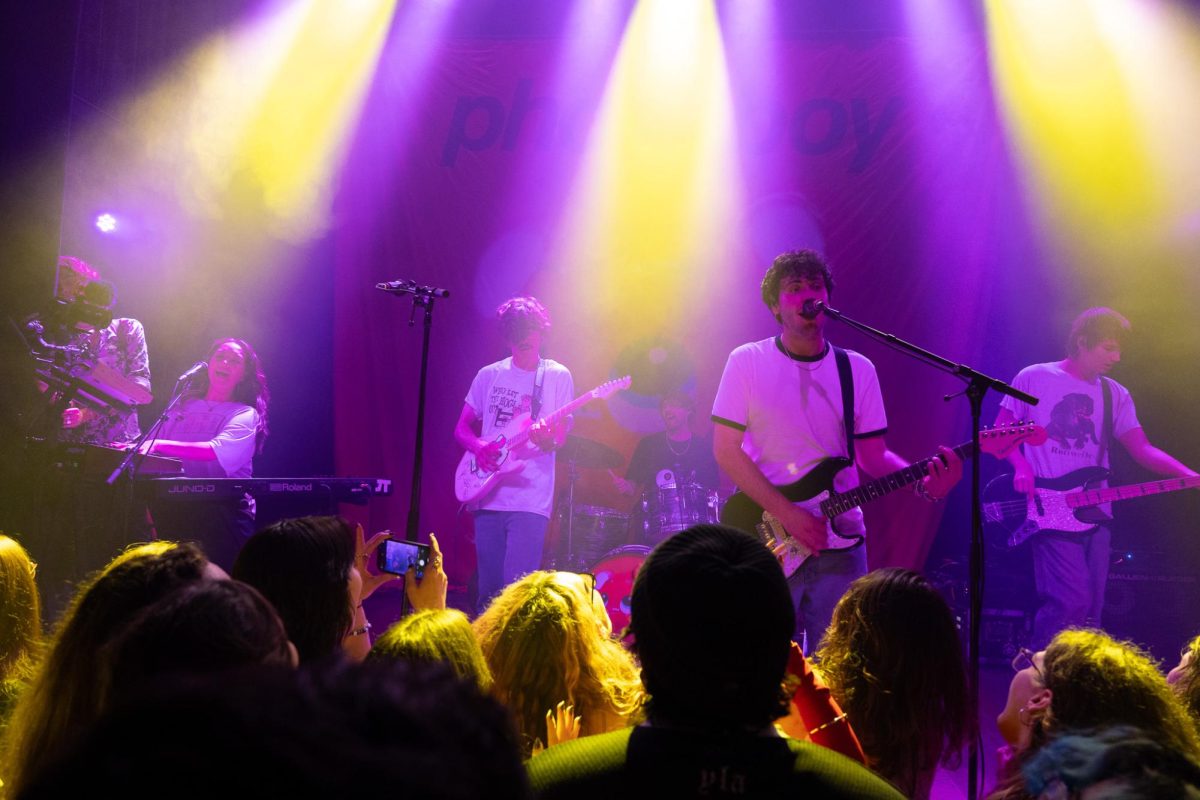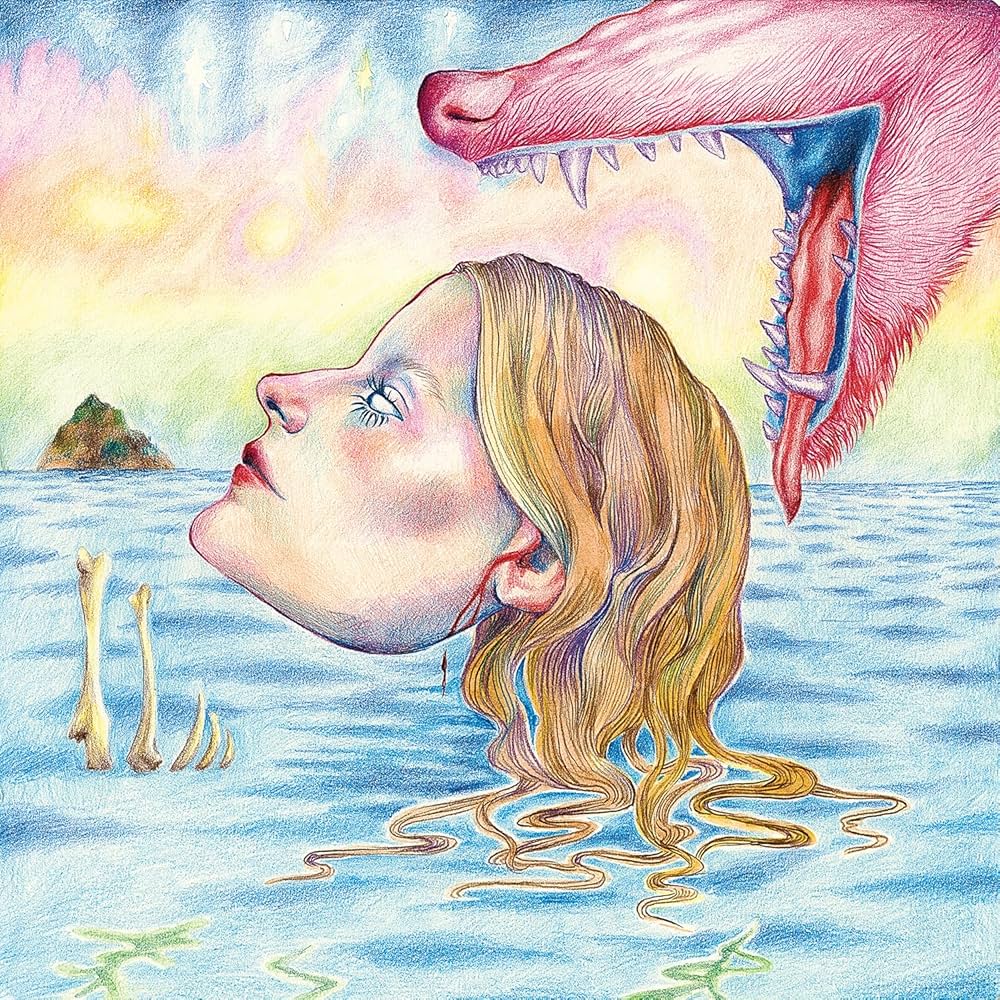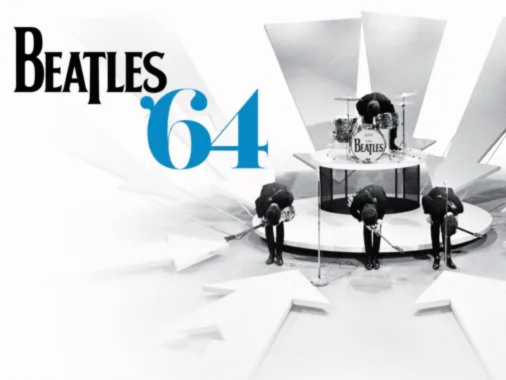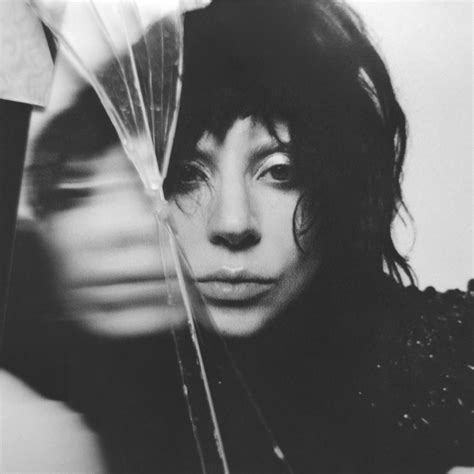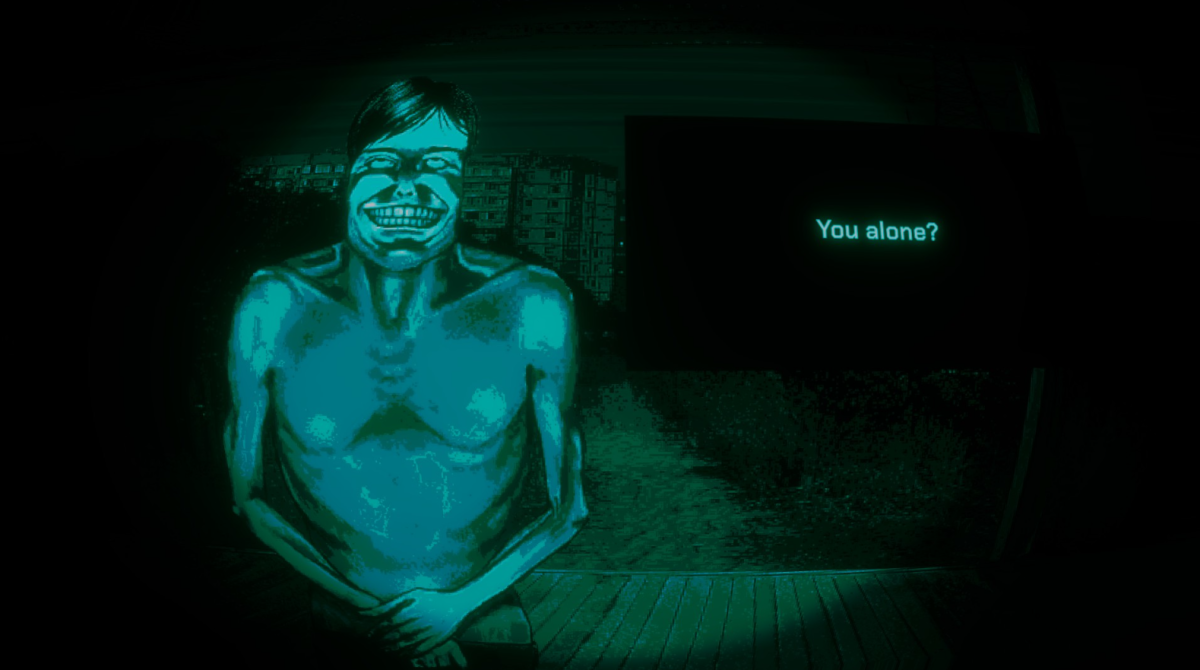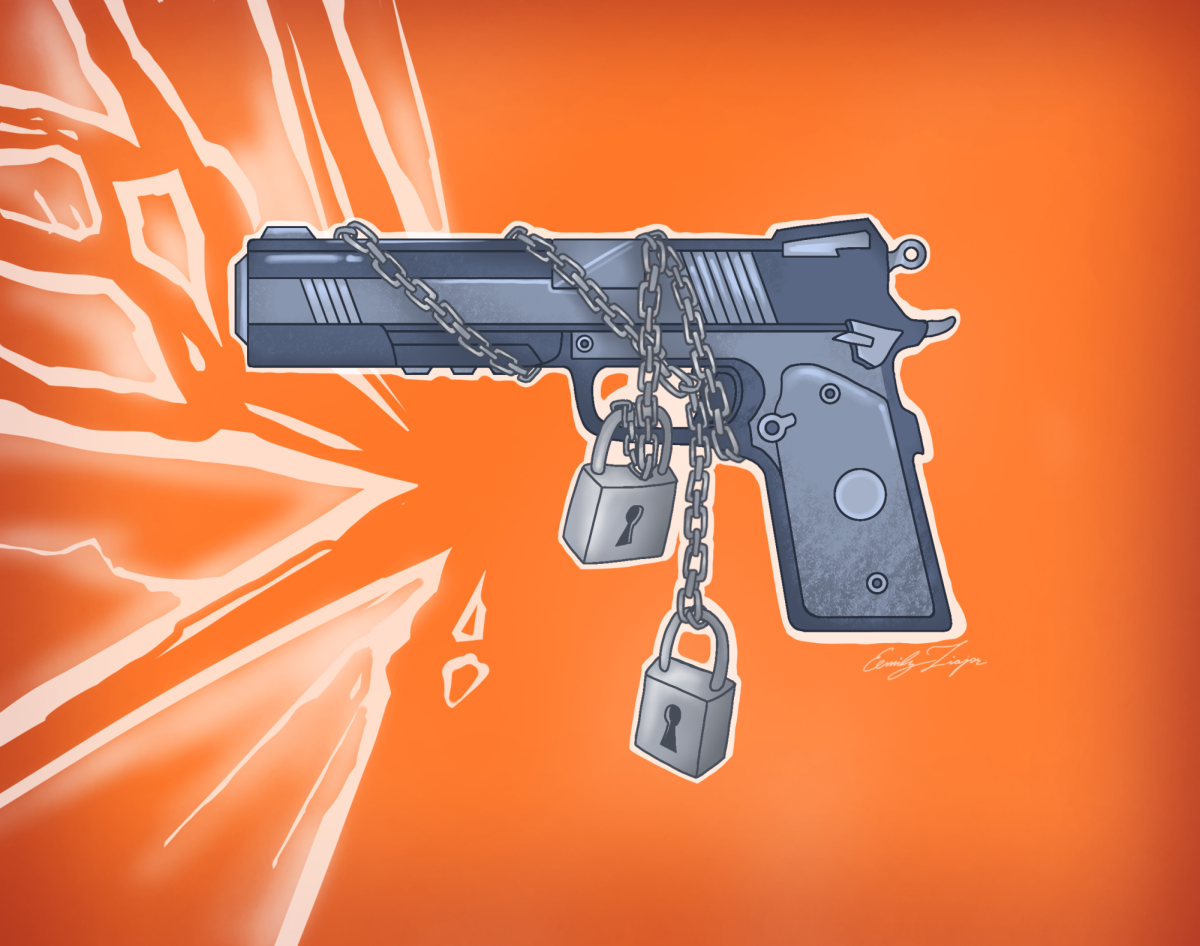With the release of her highly anticipated album, “The Land Is Inhospitable and So Are We,” on Sept. 15, Mitski, the acclaimed singer-songwriter, has once again mesmerized audiences. From the pared-down compositions to introspective lyrics, Mitski’s album is vulnerable and reflective as she displays her growth as an artist and pushes the boundaries of her sound in her “most American” album yet.
Mitski is known for her intricate lyrism and symbolic storytelling, and “The Land is Inhospitable and So Are We” is no exception. This album encompasses a profound exploration of love and the impact it has on our lives in both its presence and absence.
While her previous records were characterized by interesting sonic contrasts and undeniable harmony, her seventh studio album takes a different approach, intentionally paring down the overall sound of the album. “The Land is Inhospitable and So Are We” favors low, blurry acoustic guitars and soft, steadily thumping percussion, creating a more intimate and introspective atmosphere. The incorporation of steel guitars and enriching string arrangements brings in elements of Americana that invoke the cinematic westerns of another lifetime. This infusion of Americana adds a layer of depth and nostalgia to the album, helping her to convey a delicate balance of vulnerability and strength as she draws listeners into her musing world.
“The Land is Inhospitable and So Are We” also marks a pivotal moment in Mitski’s artistic evolution. Unlike her previous albums, which often delved into themes of emotional instability and suicidal ideations without resolution, this record reflects a newfound acceptance. Throughout the record, Mitski explores the presence of the land and how it mirrors her feelings. From mosquitos to bugs at the bottom of a glass, snow, frost, birds, and the darkness itself, every element is a manifestation of her emotions. The land becomes haunted by the love she feels, a love that permeates every corner of her existence.
The second part of the album’s title, “And So Are We,” reveals that Mitski is also haunted by love. Concerned with what she will leave behind when her time comes, Mitski informs us that she hopes to leave behind a legacy of love, embracing while not being consumed by the darkness and negativity that come with being an artist. Mitski’s music reflects her acceptance of living in an inhospitable world, both internally and externally.
The album opens with “Bug Like An Angel,” a song that explores addiction and finding solace in the ordinary. Accompanied by a handpicked choir, a lone, dusty acoustic guitar, and sparring keys for accent and shimmer, Mitski’s vocals take center stage, soaring as they convey a sense of longing and acceptance. The song captures the divine in the simplest of moments, offering a glimmer of hope in the face of overwhelming despair.
By the fourth track of the album, “I Don’t Like My Mind,” Mitski has swung back into exploring the darker parts of her emotional landscape by delving into the mind of someone grappling with immense pain, struggling under the onslaught of traumatic memories. They beg to “keep their job” lest they be left alone with their mind and consumed by their misery. Mitski’s haunting and urgent delivery captures the struggle to maintain control while one’s mind is in chaos, exploring the complex realities of mental health and the lengths we go to protect ourselves from our thoughts.
Similarly, her next song “The Deal,” centers around her desire to protect herself from pain by getting rid of her soul. Mitski’s poignant and heart-wrenching lyrics paint a vivid picture of someone shackled by their existence and grief. The orchestral arrangements and choral backing enhance the emotional impact of the song, as she begs to be set free of her pain but is forced to acknowledge she “will never be free” if she gives up the ability to love.
Her sixth track is one of my favorites, titled “When Memories Snow” Through the metaphor of memories melting like snow, Mitski reflects on the fleeting nature of memories and the passage of time, invoking bittersweet and nostalgic feelings in the listener.
As if responding to the fear of losing love and experiencing grief, her seventh track, “My Love Mine All Mine,” speaks to the hope of capturing the euphoric feelings of love and the desire to own and protect it. Mitski, singing passionately and with deep yearning, conveys the intensity of emotion derived from deep connection and the fear that you will have nothing if you lose your love.
Her eighth trach jumps from fearing loss into the thick of experiencing it, as “The Frost” deals with the ache of loneliness and longing for human connection. With soft, raw vocals that are as comforting as they are bruising, the song explores the isolation that can come with living and the yearning for human warmth to ward off the cold. The songs seem to ask the question, how can I be sustained instead of smothered by my memories of love?
The subsequent track seems to answer the question. One of my favorite aspects of Mitski’s exploration of love is her belief in the power of lost love. The next song on the album, “Star,” is a beautiful and anthemic track that celebrates even as it grieves for a lost love. By emphasizing the importance of remembering beautiful moments and sharing them with the world, even in the face of heartbreak, Mitski urges us to treasure and preserve the memories we create, as they serve as a testament to our existence long after we are gone.
The album closes with “I Love Me After You,” a song that explores the ins and outs of self-love and self-acceptance as Mitski recounts her struggles with finding a sense of belonging in a world that can be inhospitable to those who are different. She is tender and contemplative in her final song, finally at the healing stage and focusing on the beneficial growth and transformation she has experienced by finally taking ownership over her life and land.
Overall, “The Land is Inhospitable and So Are We,” is a profoundly beautiful and raw depiction of a woman’s journey through love and pain. Through her raw lyrics and contemplative melodies, Mitski encourages us to question the nature of love, the significance of lost connections, and the importance of finding solace in connection during periods of pain. For listeners who often feel unwelcome in their body and land, Mitski’s music offers a ray of hope as she demonstrates the healing and belonging that can be found when one embraces their imperfections and finds hope through the light shined by love in the darkness. Mitski’s medications on love and radical acceptance serve as a powerful reminder that even in the most inhospitable of lands, love can flourish and transform.



